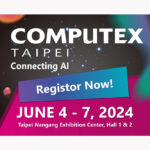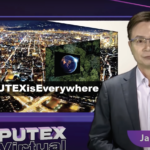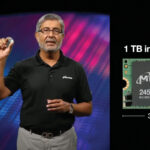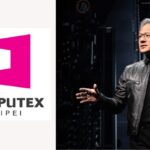ASIA ELECTRONICS INDUSTRYYOUR WINDOW TO SMART MANUFACTURING
Foxconn Says Humans Remain Crucial Role in AI Era
Hon Hai Technology Group (Foxconn) said Tuesday that while the world enters a new era powered by generative artificial intelligence (Gen AI), human participation in AI-related applications, such as manufacturing, will remain crucial.
During his keynote speech at COMPUTEX 2025, Foxconn Chairman Young Liu said the company conducted simulations in its Factory of the Future experiment and they initially thought Gen AI can replace every human in the manufacturing processes. However, Liu said this was not the case.
“Human can do much better than the Gen AI after 80 percent so we come up with this temporary conclusion that Gen AI can help for the 80 percent of the work. (However), the rest of the 20 percent, the complex one, will still have to be done by skillful workers or technicians,” said Liu.
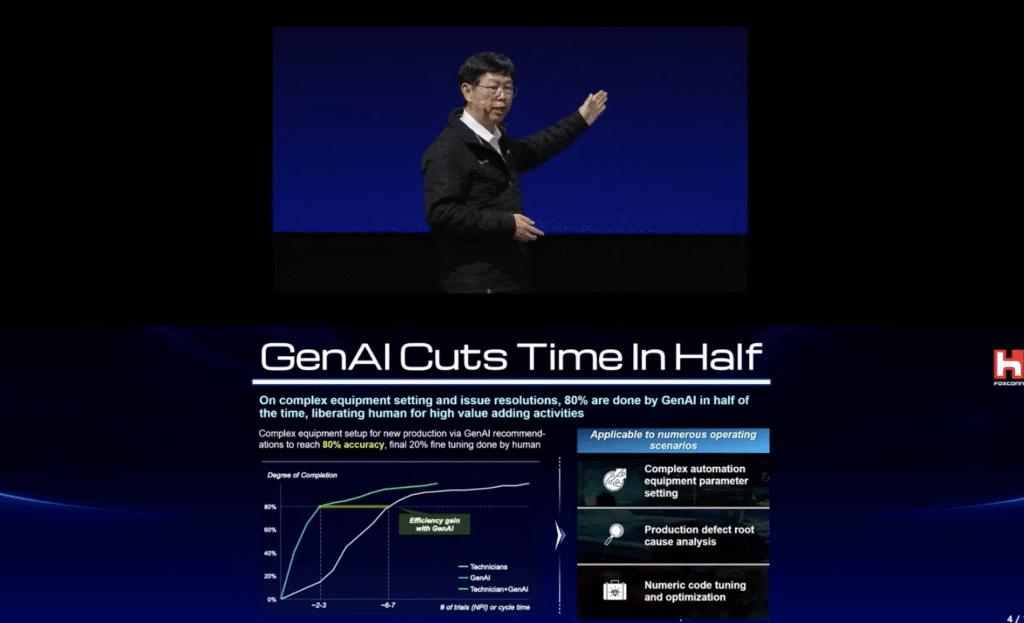
Effective in Real-World Applications
In the simulations done, Liu said Gen AI agents are more competent in areas like defect resolution and equipment tuning handling, which is about 80 percent of the work. Humans, on the other hand, can focus on the remaining 20 percent, mostly complex tasks.
Foxconn, the world’s largest electronics manufacturing service provider, has been transforming itself into a global tech company providing AI-powered, platform-based solutions. Liu said the company is creating next-generation of robots that will complement Foxconn’s rapid global expansion.
“We’re creating next generation robots … we train robotic brains using millions of simulations, making them instantly effective in the real world. We call this physical AI, a new form of intelligence that adapts and handles complex tasks. Genesis is a powerful Foundation, combining innovative use cases, token repositories and an enhanced tech stack to deploy AI at scale,” said Liu.
Foxconn has been propelling its AI-based platforms with the help of ecosystem partners. On Monday, NVIDIA Founder and CEO Jensen Huang said it will work with Foxconn to build an AI factory supercomputer in Taiwan.
Accordingly, Foxconn will provide the AI infrastructure through its subsidiary Big Innovation Company, as an NVIDIA Cloud Partner. Featuring 10,000 NVIDIA Blackwell GPUs, the AI factory will significantly expand AI computing availability and fuel innovation for Taiwan researchers and enterprises.
The Taiwan National Science and Technology Council will use the Big Innovation Company supercomputer to provide AI cloud computing resources to the Taiwan technology ecosystem, accelerating AI development and adoption across sectors.
TSMC researchers plan to leverage the system to advance its research and development with orders-of-magnitude faster performance, compared with previous-generation systems.
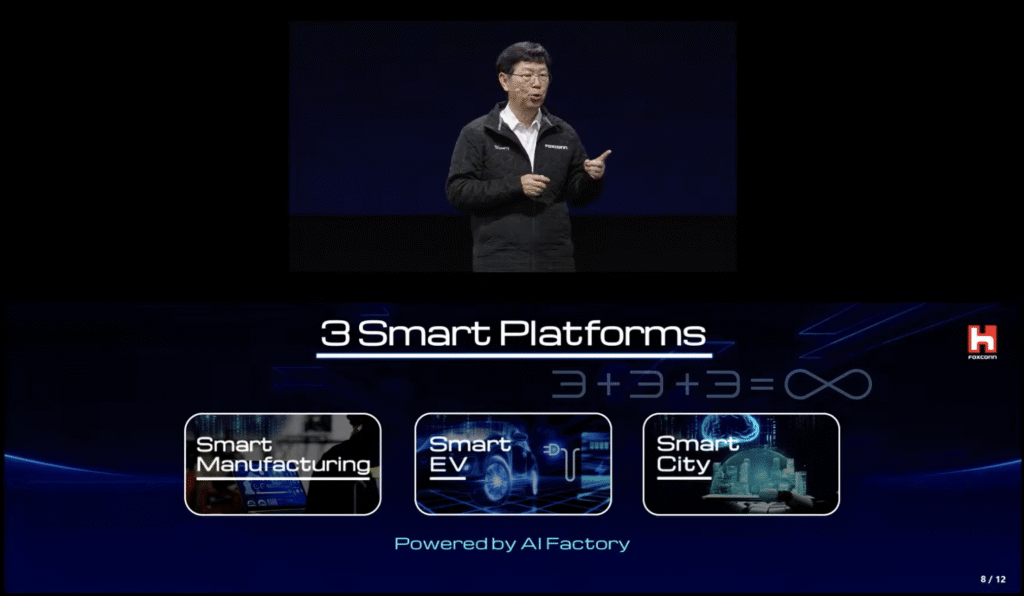
At the same time, Liu also Foxconn’s foray in the automotive industry with reference designs already being worked out.
Early this month, Mitsubishi Motors and Foxtron Vehicle Technologies, a Foxconn subsidiary, announced a partnership. Specifically, Foxtron will develop an EV model for Mitsubishi Motors.
Potential in Solving Labor Shortages
Liu said Foxconn has been advancing its AI platforms to supplement the company’s rapidly growing global manufacturing footprint. Because of this, expert production technicians are rising in demand but seasoned talent is short in supply.
In the era of AI, Liu also said Gen AI and robotics will provide great potentials not just in the tech world but in global economies as well. Specifically, Liu said the combination of Gen AI and robotics and can fill the low-end manufacturing jobs currently being outsourced to low-income bracket countries.
“With the advent of Gen AI, we see a great potential that Gen AI plus robotics will fill the void, the gap. That is the opportunity,” Liu said.
“When a country becomes prosperous, the low-GDP work (low-end jobs) will be done by the Gen AI plus robotics,” he added.
For that reason, Liu urged leaders of developed countries to “watch out” for that development.
Foxconn, a leading technology major, has been applying and enabling the acceleration of artificial intelligence, actively integrating AI technology to build its three core platforms for governments and clients: Smart Manufacturing, Smart EV, and Smart City.
20 May 2025

